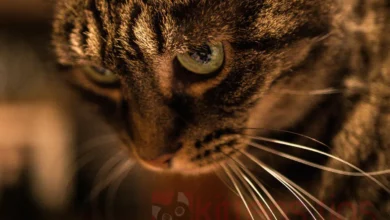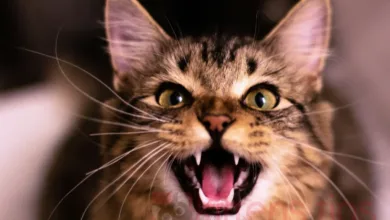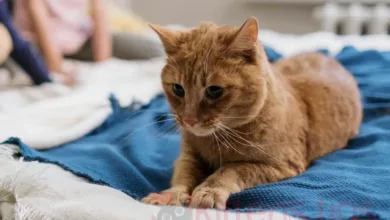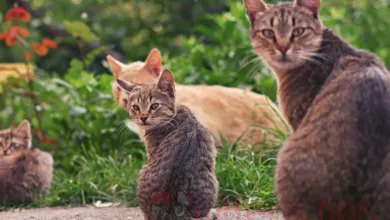
Why Do Cats Chatter at Birds? Unveiling the Enigma.
Almost all cat owners have observed that cats chatter at birds, whether they are at the window or on TV. These unusual sounds made by cats have led to numerous debates among researchers over the years, as they attempt to decipher the meaning behind these sounds when cats see birds, insects, or mice.
This behavior of cats most often occurs in situations where the cat is on a windowsill and on the other side of the glass, they see sparrows, pigeons, or other birds that represent prey to them. This strange sound emitted by cats can also occur when they spot insects or rodents.
Cats also produce peculiar sounds when they see videos of birds on TV. On YouTube, there are actual “cartoons” for cats. Upon seeing birds on the TV screen, the majority of cats will make odd sounds, described as chattering and vocalizations, as if they are expressing complaint or concern about something.
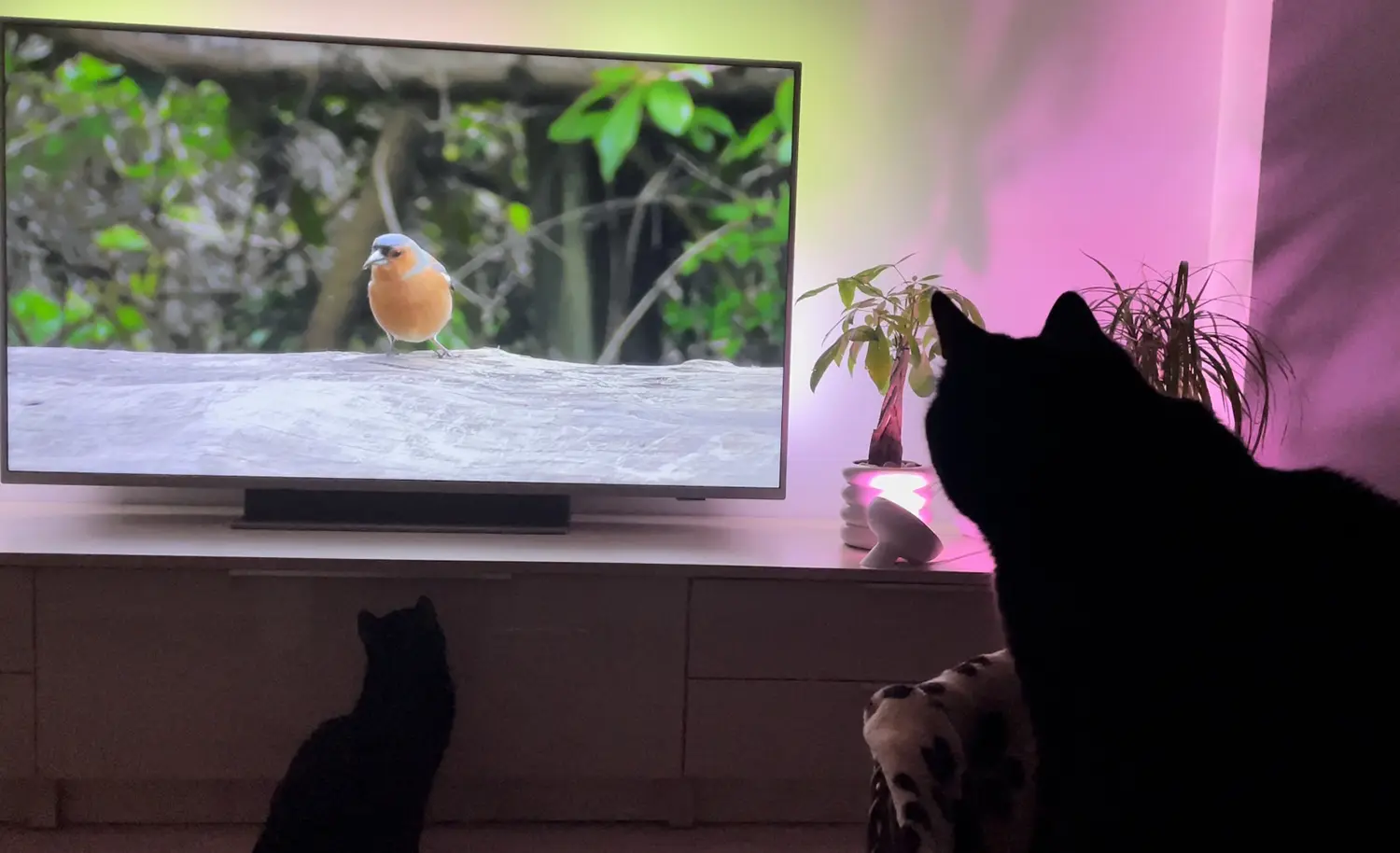
Why Do Cats Chatter at Birds?
Even if a cat is domesticated and lives in a house or apartment, its DNA remains that of a predator, just like its ancestors who roamed the forests in search of prey. Therefore, if you hear that a cat makes unusual sounds when it sees birds, there’s no need to be alarmed or worried. It’s an entirely normal behavior for a cat.
Cats produce these unique sounds when they assume a “pounce” position, fixate their gaze on their prey, and prick up their ears. Researchers believe that cats make these peculiar sounds when they realize they can’t reach the desired prey. It’s an almost involuntary way for a cat to express its frustration. Moreover, often the odd sound produced by their jaws is interspersed with vocalizations that closely resemble cries or whines.
While the cats chatter at birds, these reactions may be amusing for cat owners, for the cat, seeing prey it can’t reach becomes a source of stress.
Some research has offered an alternative explanation for this feline reaction. The strange sound a cat makes when it sees nearby prey might actually be a “jaw warm-up” before delivering the fatal bite. It’s known that cats only need one bite to neutralize their prey. A cat skilled in hunting will often target the neck area to sever the most sensitive part of the prey’s spine. The chattering sound made with the corner of the mouth and the jaw could simulate the fatal bite.
However, this reaction occurs only when the cat is aware that it can’t reach the prey. In fact, if a cat spots accessible prey, it won’t make the slightest sound and will showcase all its feline qualities to launch a lightning-fast attack that surprises the prey.
